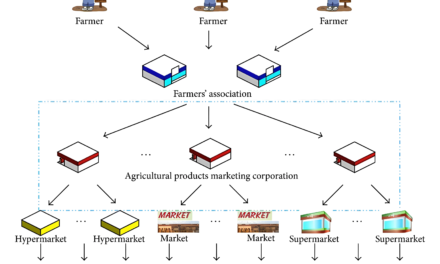Skill development programs are playing a transformative role in empowering artisans involved in fiber production across India, enhancing their capabilities, productivity, and incomes. Recognizing the importance of traditional fiber-based industries such as cotton, silk, jute, wool, and bamboo, the government and private sectors are actively investing in initiatives to train, upskill, and modernize the workforce. These programs aim to bridge skill gaps, introduce artisans to modern techniques, and help them adapt to emerging technologies while preserving their traditional knowledge and craftsmanship.
The government’s flagship initiatives, like the Skill India Mission and the National Skill Development Corporation (NSDC), are leading the charge in training artisans, with a focus on fiber production techniques, quality enhancement, and value addition. Specific schemes, such as the Samarth Scheme under the Ministry of Textiles, are designed to provide industry-relevant training to artisans, especially in handloom, jute, silk, and cotton production. By equipping workers with skills in fiber extraction, dyeing, spinning, and weaving, these programs improve productivity and promote the adoption of eco-friendly and sustainable practices.
In sectors like silk and wool, programs are empowering artisans through the introduction of advanced sericulture methods and scientific wool processing techniques. Training in high-yielding mulberry cultivation, disease-resistant silkworm breeding, and efficient spinning technologies is helping silk farmers and artisans increase their output and profitability. Similarly, in jute production, skill enhancement initiatives are teaching artisans about modern retting techniques and the creation of value-added jute products like handicrafts, geo-textiles, and composites.
To support artisans working with natural fibers such as bamboo and banana fibers, programs are focused on processing innovations, fiber extraction technologies, and developing market-driven designs. Training in fiber diversification allows artisans to produce high-quality handicrafts, home décor, and sustainable textiles, catering to growing domestic and global demand for eco-friendly products. Furthermore, digital tools and e-commerce platforms are being integrated into these programs to enable artisans to market their products directly to consumers, expanding their reach and profitability.
Private-sector partnerships and collaborations with non-governmental organizations (NGOs) and state-level skill development missions have further strengthened these efforts. Initiatives are also promoting entrepreneurship by providing artisans with access to credit, raw materials, and market linkages, enabling them to start micro-enterprises and cooperatives. Programs specifically target marginalized groups, including women and tribal communities, ensuring inclusive growth and empowerment.
By improving technical skills, fostering innovation, and enhancing market access, these skill development programs are enabling artisans to contribute meaningfully to the fiber production sector. This not only preserves India’s rich tradition of fiber craftsmanship but also aligns with sustainable economic development goals. Empowered with knowledge, technology, and modern tools, artisans are now better positioned to meet evolving market demands, improve their livelihoods, and strengthen India’s reputation as a global leader in fiber-based products.









